Poker tournaments offer a unique and exhilarating experience for players seeking to test their skills and compete for coveted prizes. In “The Insider’s Guide to Playing Poker Tournaments: Strategies for Success,” we delve into the intricacies of tournament play, providing valuable insights and strategies to help you navigate the competitive landscape with confidence. Whether you’re a novice looking to understand the fundamentals or a seasoned player aiming to refine your approach, this comprehensive guide will equip you with the knowledge and tactics necessary to thrive in the dynamic world of poker tournaments.
1. Understanding Poker Tournament Basics
1.1 The Structure of Poker Tournaments
Poker tournaments come in various structures, but they generally involve players buying in for a set amount and receiving a stack of chips. As players lose chips, they are eliminated until one player remains with all the chips and wins the tournament.
1.2 Different Types of Poker Tournaments
There are different types of poker tournaments, including freezeout tournaments where players are eliminated once they run out of chips, rebuy tournaments where players can buy more chips if they bust out, and satellite tournaments where players can win a seat into a larger tournament.
2. Developing a Winning Tournament Strategy
2.1 Setting Clear Goals for the Tournament
Before entering a tournament, it’s essential to set clear goals, whether it’s aiming to make the final table, accumulate a certain number of chips, or simply gain experience. Having a goal in mind can help focus your play.
2.2 Understanding Positional Play and Table Dynamics
Positional play is crucial in poker tournaments, as your position at the table relative to the dealer button can significantly impact your decisions. Understanding table dynamics, such as the playing styles of your opponents, can help you adjust your strategy accordingly.
3. Mastering Key Poker Tournament Skills
3.1 Reading Opponents and Bluffing Techniques
Being able to read your opponents for tells and tendencies can give you a significant edge in poker tournaments. Bluffing techniques, when used strategically, can help you win pots even with weaker hands.
3.2 Effective Hand Selection and Starting Hands Strategy
Proper hand selection is essential in poker tournaments to maximize your chances of winning. Having a solid starting hands strategy, knowing which hands to play and which to fold, can help you navigate through different stages of the tournament.
4. Navigating Different Tournament Formats
4.1 Strategies for Multi-Table Tournaments (MTTs)
Multi-table tournaments can be challenging due to the large number of players and the extended time frame. Strategies such as adjusting your play according to stack sizes, paying attention to the bubble, and being aware of ICM considerations can help you succeed in MTTs.
4.2 Approaches for Sit-and-Go Tournaments
Sit-and-Go tournaments are typically smaller and faster-paced than MTTs. Approaches such as playing tight-aggressive, adjusting to stack sizes, and recognizing when to make moves can be effective in Sit-and-Go tournaments to accumulate chips and secure a top finish.**5. Advanced Tactics for Tournament Success**
**5.1 Exploiting Player Tendencies and Table Image**
Ever sipped your coffee just as you catch someone’s eye across the table and you know they’ve got your number? Learning to read player tendencies and manage your own table image can be a game-changer. Are you the unpredictable wildcard or the steady rock? Time to play the players.
**5.2 Adapting to Changing Game Dynamics and Stack Sizes**
Just like fashion trends, game dynamics change faster than you can say “all in”. Learning how to adjust your strategy based on shifting stack sizes and game dynamics is key to staying ahead of the pack. Being adaptable is the name of the game, so get ready to roll with the punches.
**6. Managing Your Bankroll and Risks**
**6.1 Proper Bankroll Management Principles**
It’s not just about raking in the chips; it’s about knowing when to hold ’em and when to fold ’em – financially speaking. Proper bankroll management is like having a good pair of sunglasses at a poker table – essential. Learn how to protect your stack and keep your poker dreams alive.
**6.2 Mitigating Variance and Dealing with Downswings**
Just like the weather, poker can be unpredictable. Dealing with those inevitable downswings and navigating through variance can make or break your poker career. Strap in, stay cool, and remember – it’s all about the long game.
**7. Staying Mentally Sharp During Tournaments**
**7.1 Maintaining Focus and Avoiding Tilt**
Tournament days can feel like an emotional rollercoaster – one minute you’re on top of the world, the next you’re questioning all your life choices. Learn how to maintain your focus and keep that tilt in check. Your sanity (and chip stack) will thank you.
**7.2 Strategies for Endurance and Energy Management**
It’s not just about the cards; it’s about stamina. Tournament poker is a mental marathon, so knowing how to pace yourself and manage your energy levels is crucial. From power naps to power plays, mastering endurance is the secret weapon to outlasting the competition.As you embark on your poker tournament journey armed with a deeper understanding of the game and strategic prowess, remember that success in poker tournaments is a combination of skill, discipline, and a bit of luck. By applying the strategies and techniques outlined in this guide, you can enhance your competitive edge and maximize your chances of achieving victory at the tables. May your future tournament endeavors be filled with thrilling moments and satisfying wins. Good luck, and may the cards be in your favor!
FAQ
Q: How do I handle a short stack in a poker tournament?
A: When playing with a short stack, focus on picking your spots carefully and look for opportunities to double up. Avoid playing marginal hands and be prepared to make aggressive moves to stay alive in the tournament.
Q: What is the importance of position in poker tournaments?
A: Position is crucial in poker tournaments as it determines the order in which players act during a hand. Being in a late position provides a strategic advantage, allowing you to gather information about your opponents’ actions before making decisions.
Q: How can I improve my mental game during long poker tournaments?
A: To maintain mental sharpness during extended tournament play, it’s essential to stay hydrated, take breaks when needed, and practice mindfulness techniques to stay focused and avoid tilt. Engaging in physical exercise and maintaining a positive mindset can also contribute to your endurance at the tables.

AdHang.com is the No.1 agency for digital marketing in Nigeria and the first Internet public enlightenment agency in Africa. AdHang has everything needed to achieve your digital marketing objectives and goals. From strategic digital marketing, a tactical approach to employing advanced digital marketing tools and technologies, using seasoned marketers with decades of marketing communications experience.



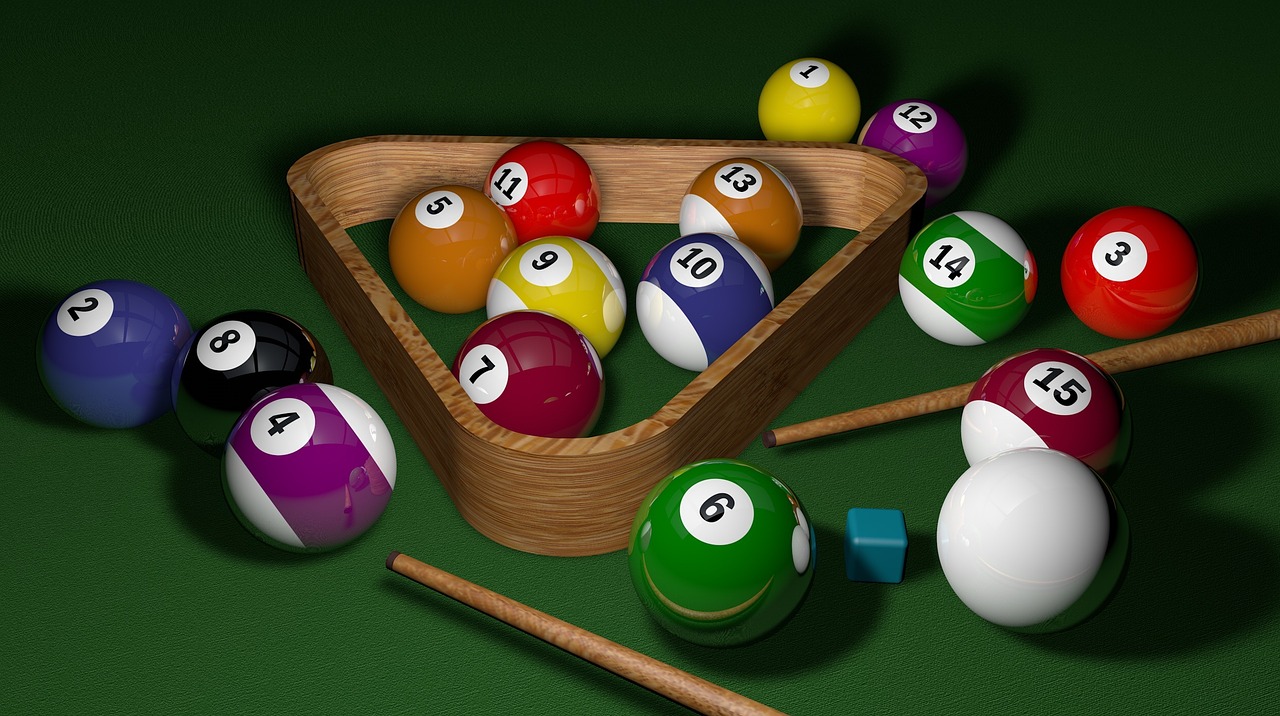

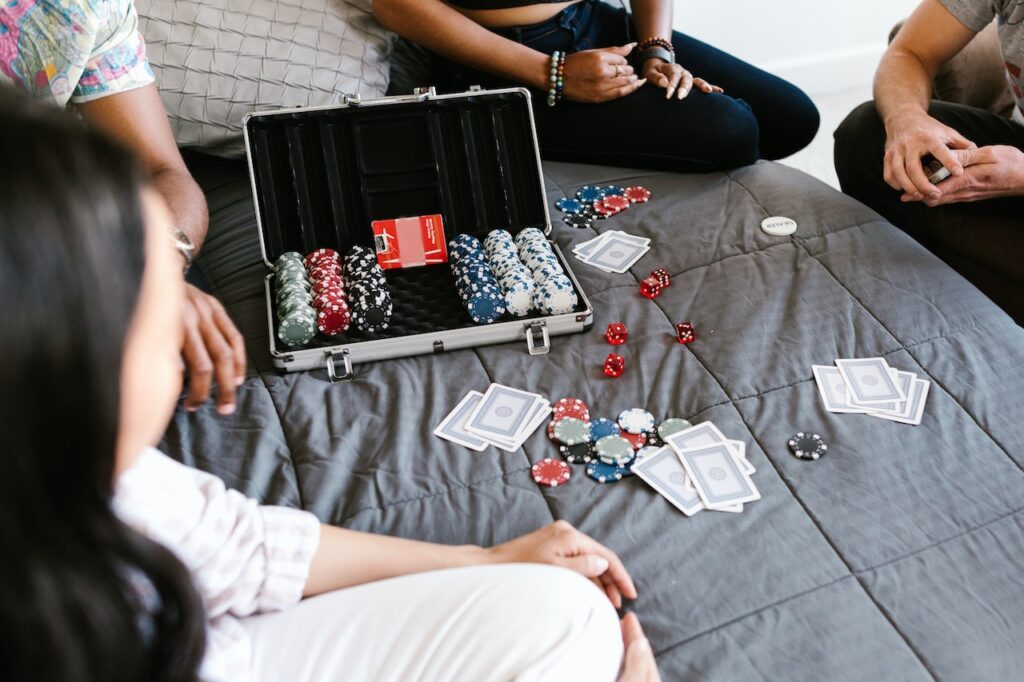
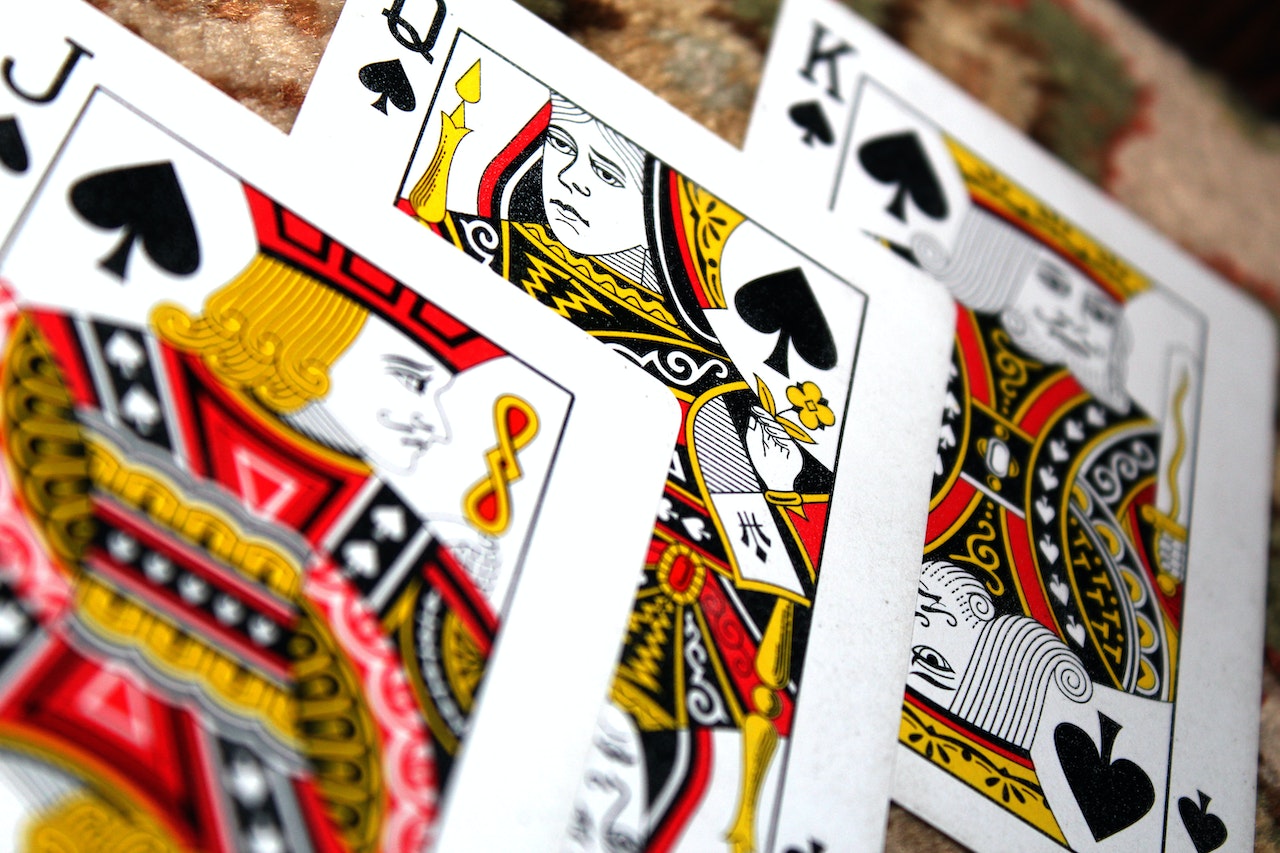
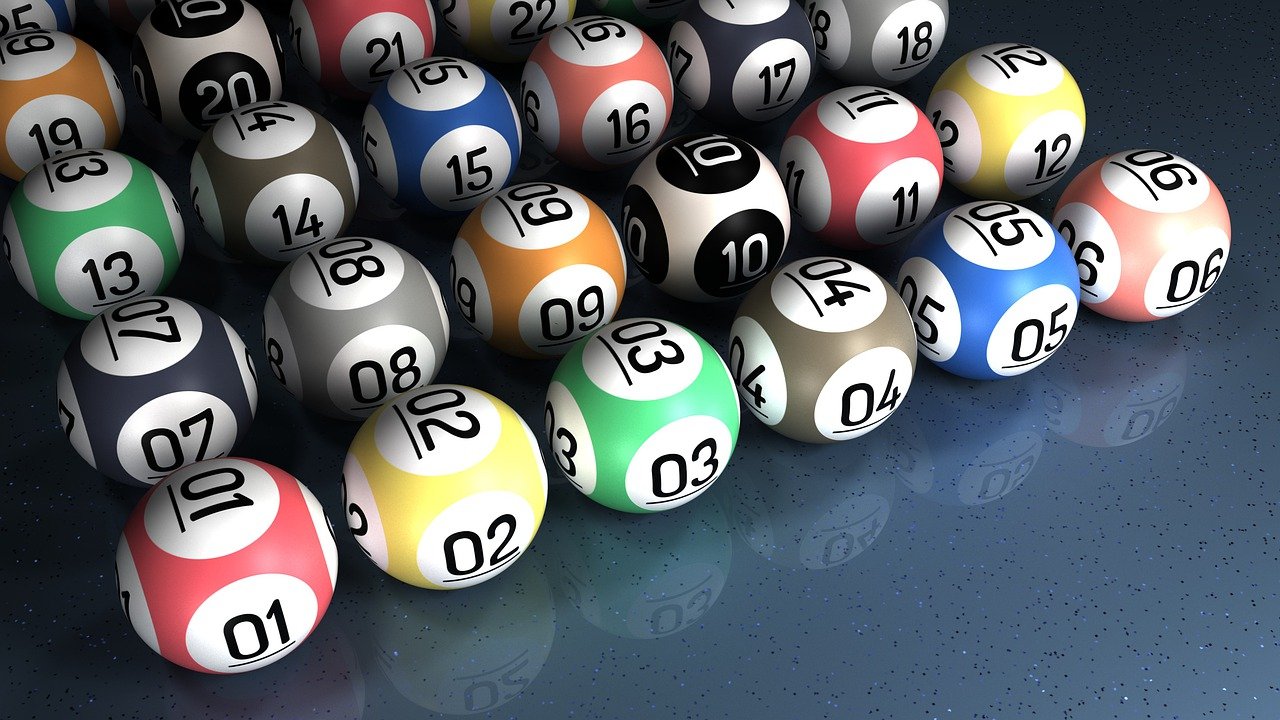
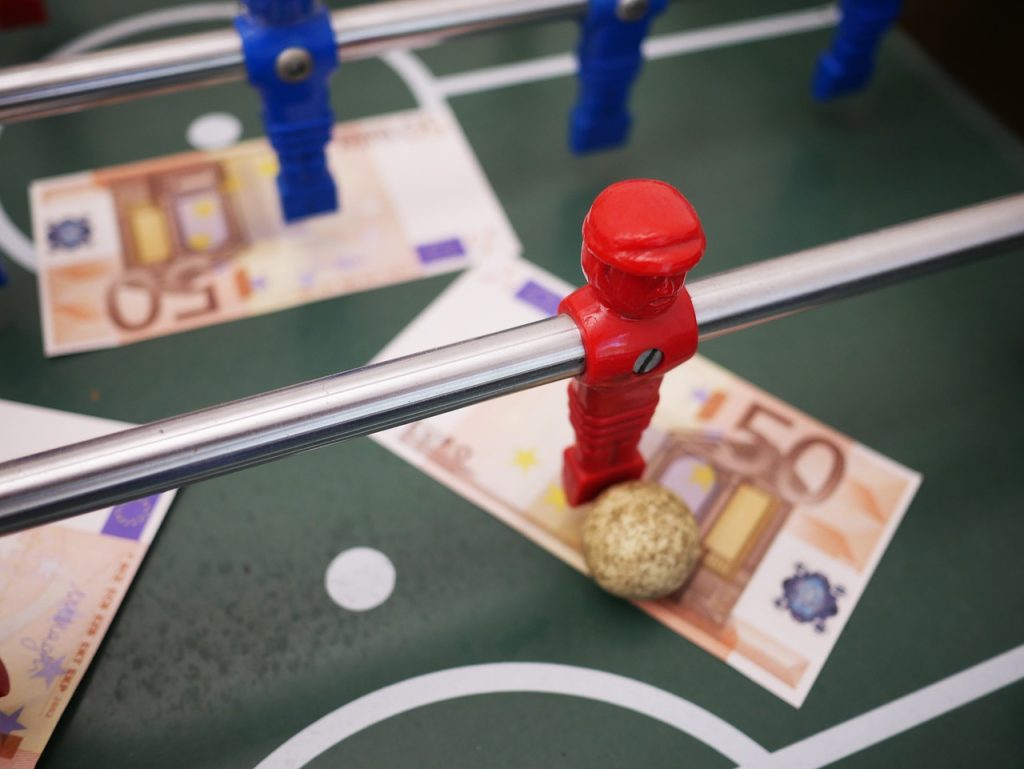
Comments